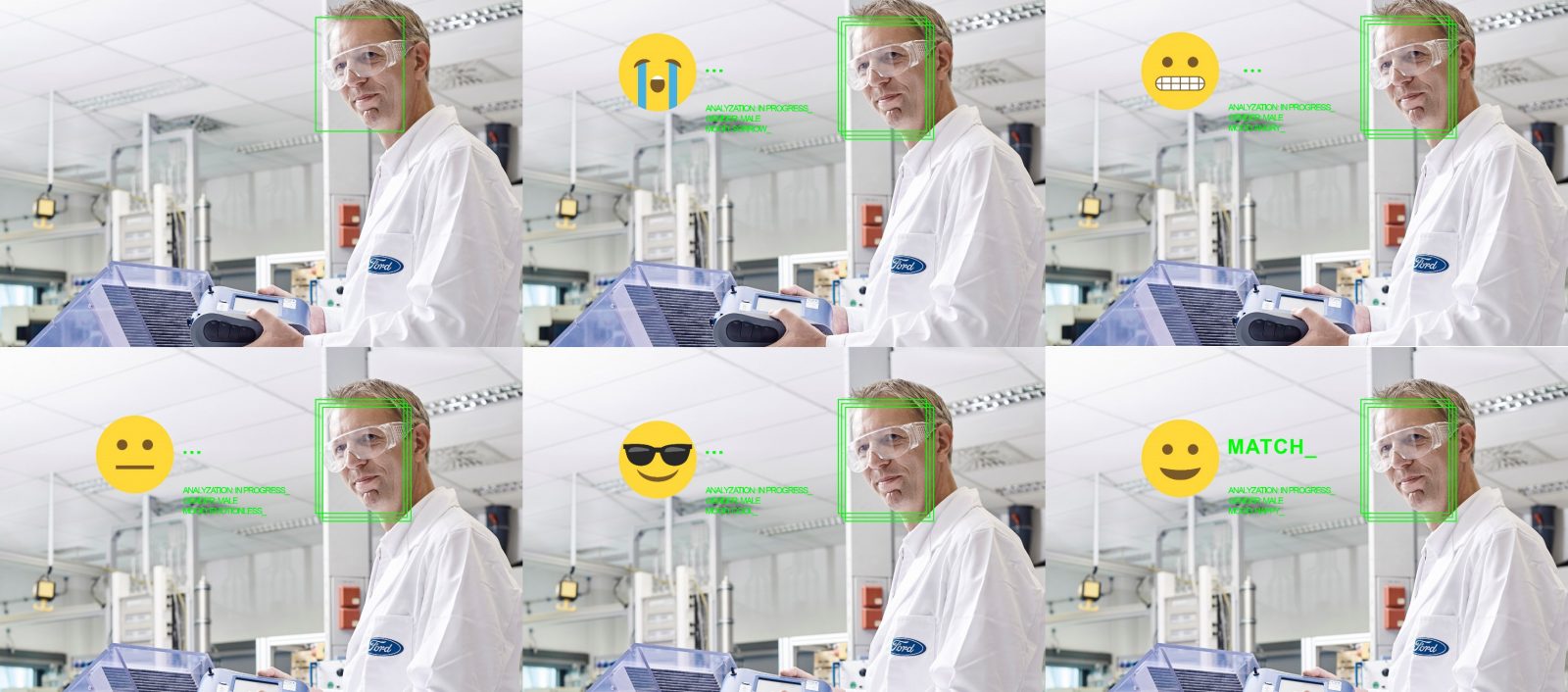- Hoog opgeleide technici zijn vaak stereotype van gebrek aan sociale vaardigheden
- Dergelijke vaardigheden zijn goed voor bijna een derde van de effectiviteit van de werknemer
- Ford zet emotionele intelligentie- training op in Europa
- Intelligente diensten benadrukken ook de behoefte aan emotionele intelligentie – en een hoog IQ
Ford gaat samen met RWTH Aachen University, de onderzoek partner in Duitsland, een emotionele intelligentie-training voor zijn medewerkers in Europa opzetten. “Traditioneel worden ingenieurs gezien als individuele medewerkers en ligt er een grote focus op technische vaardigheden, kennis en verbeelding”, aldus Prof. Richard Boyatzis van Case Western Reserve University in Ohio. “Maar in tegenstelling tot de gemeenschappelijke waarneming werken ingenieurs niet alleen. Ze werken in multidisciplinaire teams met diverse opdrachtgevers. De mogelijkheid om met anderen te werken is een belangrijke overweging.” Lees verder
Downloads
- Ford zet EQ-training op in Europa (doc)
- Afbeeldingen (zip)
Lees het complete bericht in het Engels
According to a new first-of-its-kind study, listening to, understanding, and inspiring colleagues can account for as much as 31 per cent of their effectiveness. This was a key finding of research undertaken with Ford engineers – and their colleagues and reports – who were asked whether they love their workplace, and how they cooperate and discuss ideas for the future. The study also found it was possible to predict how enthusiastic engineers would be about projects, just by knowing how those projects were communicated.
“Emotional intelligence is about being able to identify emotions, in yourself and others, and to know how to handle and manage them,” said Rocio Luna, team coach and mediator, Training and Consulting e. V., Ford of Europe. “We’re looking to train our engineers to be better at recognising their own feelings and at reading those of others – so they can best handle when an angry person might cause problems, a happy person is keen to collaborate, and a stressed person wants to talk.”
In an age where the importance of artificial intelligence and robots is increasing, people are expected to focus on skills and capabilities that artificial intelligence has trouble replicating – understanding, motivating, and interacting with human beings. *
Ford has a network of ten engineering and research centres around the world – including Merkenich in Germany, Dunton in England and Golcuk in Turkey – which harness the talents of 25,000 engineers. The company recently opened the Merkenich Innovation Hub that offers employees on‑demand dedicated workshops; training and ideation sessions; anonymous access to research and tailored, in-depth information; as well as patent consultation.
“In many engineering schools and programs, emotional and social intelligence is given cursory attention, like tolerating your crazy uncle at a wedding after he has had too much to drink. But companies are facing a motivational crisis; with three out of four employees not feeling engaged at work. Our research shows just how much emotions matter,” Prof. Boyatzis added.
# # #
Editor’s note
The Role of Emotional and Social Intelligence Competencies in Engineer’s Effectiveness and Engagement was published in Career Development International on February 24, 2017
* https://hbr.org/2017/02/the-rise-of-ai-makes-emotional-intelligence-more-important




